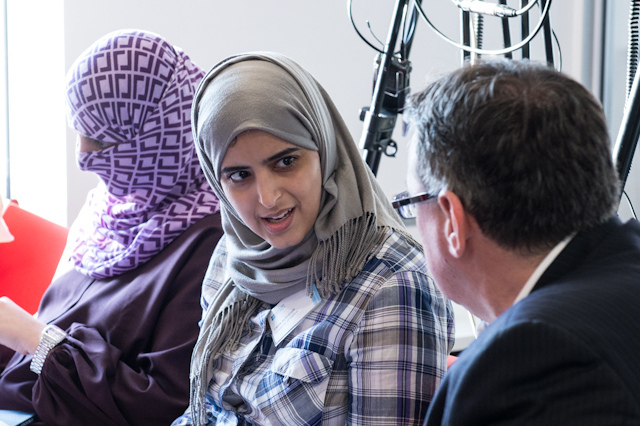
Edited by David Mallows, this collection brings a wealth of ideas and practices in English language teaching, and aims to stimulate new thinking and experimentation, by providing accounts of innovative experiences from a range of national and international contexts. It is written from the perspective of those who work with and teach this diverse group of adults and children. Migrants and refugees come from very different geographical areas and have left their home countries for very different reasons. They may have come to the UK to join a spouse, to seek job opportunities or to flee violence and persecution. They will have had very different experiences of education: some will have had no formal schooling and others will have studied to a high level and hold relevant academic and professional qualifications. Some will join settled communities, while others will be living in isolation.